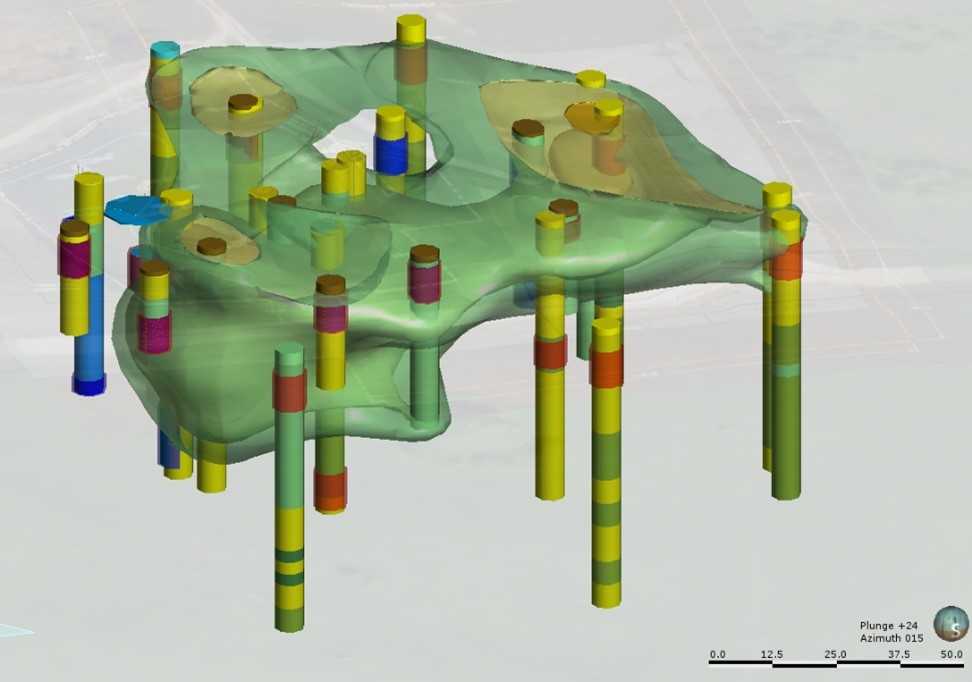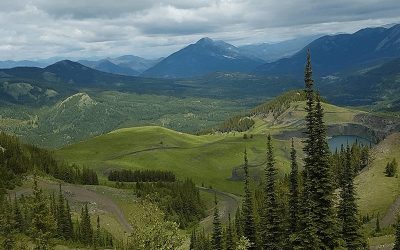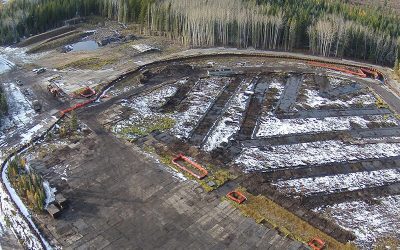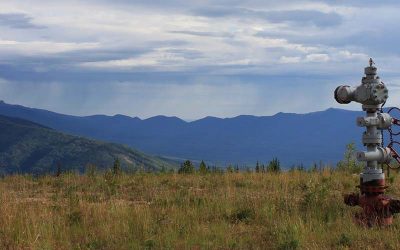Contaminant Hydrogeology & Geochemistry
Evaluation of groundwater remediation options, soil reclamation, and aquifer vulnerability require a strong understanding of transport and fate of natural and man-made constituents in groundwater and the subsurface pathways. Our contaminant hydrogeologists, geochemists, chemists, and soil scientists are experts in the application of soil, groundwater, and vapour sampling methods to characterize existing sources, contaminant plumes, and natural geochemical conditions along pathways to potential receptors. Data on geochemical conditions is integrated into conceptual models and represented in analytical or numerical models to assess future transport and fate and water or soil quality at receptors. These modelling tools and expertise are also used to assess the effectiveness of remediation options, enabling risk-informed management decisions.

Key service areas include:
- Geochemical, Thermal and Microbiological Characterization of Natural Flow Systems
- Contaminated Site Assessment and Remediation
- Conceptual Model Development
- Geochemical Sampling and Analysis
- Groundwater flow and contaminant transport modelling
- Source Tracking and Forensic Geochemistry
- Salt Impacts Oil & Gas, Road Salt
- LNAPL and DNAPL Transport and Fate
- Chemical Speciation Modelling
- Thermal Effects Monitoring and Modelling
- Multi-Phase Transport and Fate Modelling
- Human Health and Ecological Risk Assessments
- Legacy Oil and Gas Well Assessment & Management
- Contaminant Specific Isotopic Analysis
- Natural Attenuation and Microbial Assisted Degradation
- Natural Geochemistry and Isotopic Analysis
- EPM and Fracture Flow Modelling
- Carbon Capture and Storage – Geochemistry
- Tailings Pond Assessments
- Acid Rock Drainage Assessment and Mitigation



